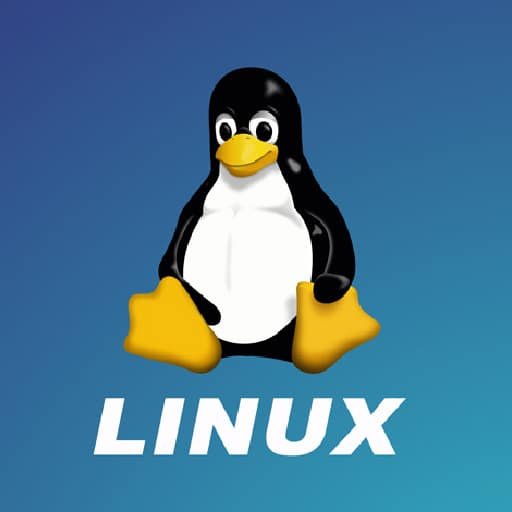Linux, the open-source operating system, has come a long way since its humble beginnings as a hobby project by Finnish student Linus Torvalds in 1991. Over the years, it has evolved into a global phenomenon, powering a wide range of devices and systems, from smartphones to supercomputers.
In the early days, Linux was primarily a hobby project for Torvalds, who wanted to create a free and open-source alternative to the Unix operating system. He released the first version of Linux, known as version 0.01, to a small group of enthusiasts on the internet. This initial release was far from a complete operating system but laid the foundation for what was to come.
As more developers joined the project, Linux started to gain momentum. The open-source nature of the project allowed anyone to contribute to its development, leading to rapid improvements and bug fixes. The collaborative nature of the Linux community played a crucial role in its evolution, with developers from around the world working together to enhance its functionality and stability.
One significant milestone in the evolution of Linux was the release of the GNU General Public License (GPL) in 1991. This license, created by the Free Software Foundation, ensured that Linux would remain free and open-source, allowing anyone to use, modify, and distribute the software. The GPL played a vital role in attracting developers and fostering a vibrant ecosystem around Linux.
As Linux gained popularity, it started to be adopted by businesses and organizations. The stability, security, and cost-effectiveness of Linux made it an attractive alternative to proprietary operating systems like Windows and macOS. Companies such as IBM, Red Hat, and Novell started offering commercial versions of Linux, providing support and services to enterprise customers.
The rise of the internet and the proliferation of internet-connected devices further fueled the growth of Linux. Linux became the operating system of choice for servers, powering a significant portion of the internet infrastructure. Its scalability, reliability, and ability to handle heavy workloads made it ideal for running web servers, databases, and other critical services.
In recent years, Linux has expanded its reach beyond traditional computing devices. It has become the foundation for Android, the most popular mobile operating system, powering billions of smartphones and tablets worldwide. Linux is also used in embedded systems, such as smart TVs, routers, and IoT devices, further solidifying its position as a versatile and widely adopted operating system.
The evolution of Linux has been driven by its community of developers, who continue to innovate and improve the operating system. The Linux kernel, the core component of the operating system, is constantly being updated with new features, performance improvements, and security patches. The collaborative nature of the Linux community ensures that the operating system remains relevant and adaptable to changing technological landscapes.
Today, Linux is not just a hobby project; it is a global phenomenon that powers a vast array of devices and systems. Its open-source nature, flexibility, and robustness have made it a preferred choice for individuals, businesses, and organizations worldwide. The evolution of Linux from a small hobby project to a global powerhouse is a testament to the power of open-source software and collaborative development.
